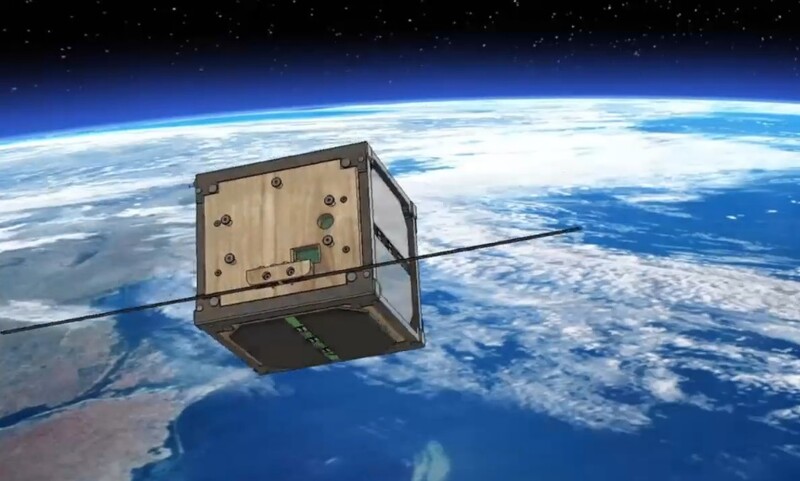The problem: Between decommissioned satellites and bits shed from spacecraft, humans leave a lot of metal in the atmosphere. That reflective junk creates light pollution, bashes into the International Space Station, and — when it falls out of orbit and into the atmosphere — burns up into millions of tiny metallic particles.
The solution: Researchers in Japan are testing satellites made out of wood. Instead of metal particles, the wood burns into gas and ash upon reentry. Wood’s strength per weight is similar to aluminum and, in some ways, it is more durable in the vacuum of space than it is on Earth: the lack of oxygen means it will not burn or harbour organisms that could cause rot. Samples sent to the ISS showed no signs of cracking, warping or peeling when exposed to conditions in space.
There are still some things to figure out, though, in a joint test by NASA and the Japan Aerospace Exploration Agency next summer. Researchers will be keeping an eye on how it reacts to radio waves and magnetic fields, as well as if it protects internal components, like semiconductors and chips.
